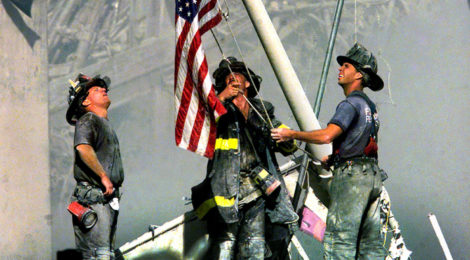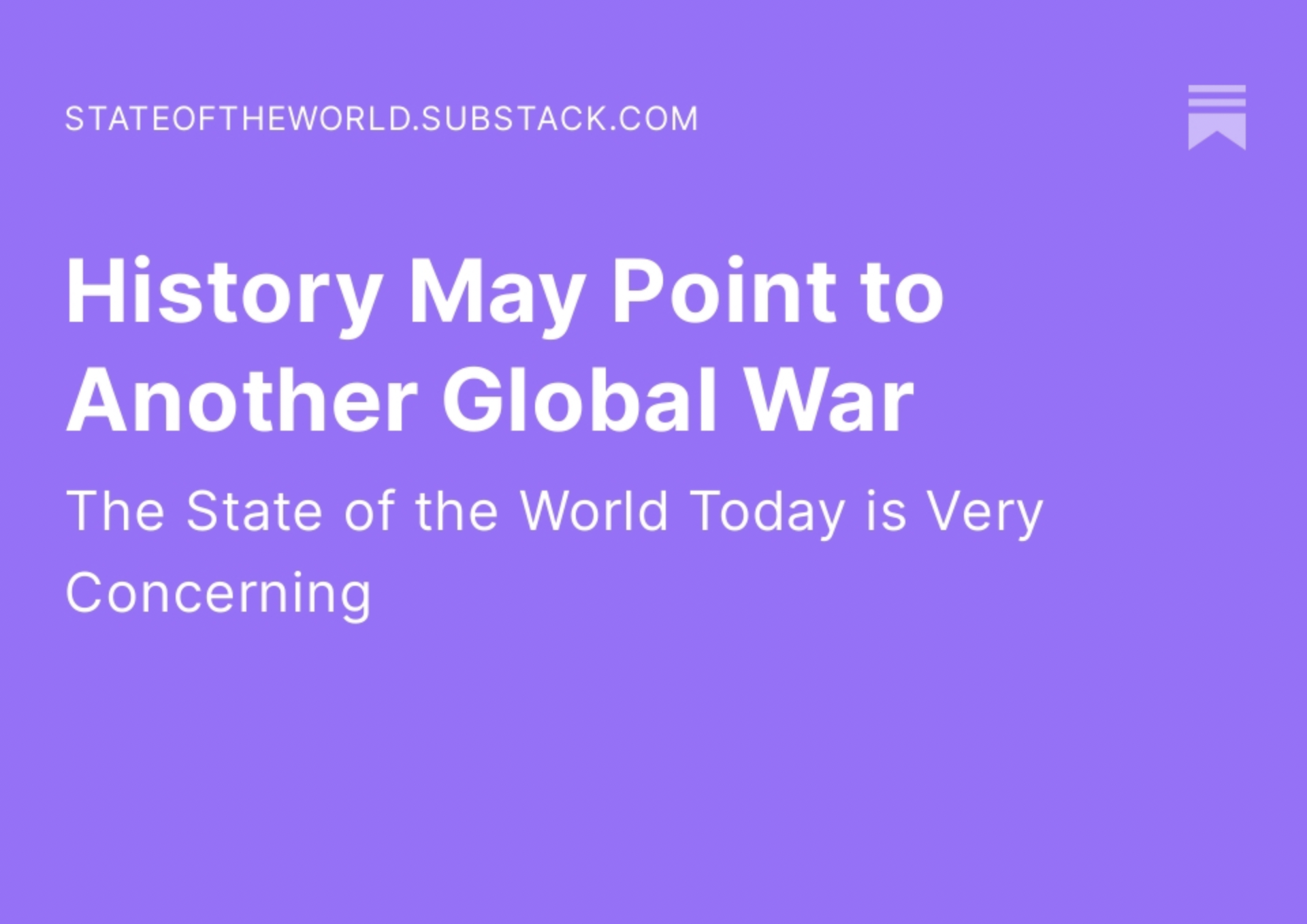
Since 9/11: Fifteen Years of War and Counting
Fifteen years of war. Fifteen years of American troops fighting in foreign lands in a conflict that frankly has no real name. Fifteen years of continual warfare and conflict that began in earnest on September 11, 2001.
That is the date, of course, that Americans know brought war to our very doorstep 15 years ago with 19 members of the al-Qaida terrorist organization founded and led by Osama bin Laden hijacking four commercial jets and using them as weapons in the heart of America.
The long-term effects of that chilling day continue to reverberate across the globe and into the future. The war (or wars, depending on how we define the events since 2001), continue unabated in Afghanistan, Iraq, Syria, Libya, Somalia, Yemen, and multiple other nations. The enemy has morphed from al-Qaida and their Taliban allies to a hodge-podge of Islamic Jihadist foes, with most of the current emphasis on an al-Qaida offshoot called, variously, the Islamic State, ISIS, and/or ISIL. Al-Qaida and the Taliban are still there, of course, though both have mutated over time, but they still survive, and are still active.
Since 9/11, the wars have also returned to the homeland America and of our allies, with Islamic State and al-Qaida inspired attacks on civilian targets in the U.S. and in allied nations around the globe. San Bernardino, Orlando, London, Madrid, Paris, Nice, along with many other locations have become targets of Jihadist terror.
American and allied troops (mostly British and French, but others as well), can be found in well over a hundred nations, aiding and training, and at times fighting alongside, the military forces of governments around the world, many of whom face domestic or foreign-influence Jihadist threats.
While the attention and resources of the Western nations has been focused on the Jihadist threat, the past 15 years has also seen the increasing rise of both Russia and China, and the continued nuclear development of those inveterate foes of the West, North Korea and Iran. While our Jihadist foes lack the weapons and power to serve as existential threats to America, Russia and China certainly do pose that level of threat, with Iran and North Korea attempting to rise to that level of risk.
In an article written in 2007 on the legacy of 9/11, we commented on the fact that most American had no idea who attacked us at first, or why.
Prior to September 11, 2001, few Americans, even those who watched the news regularly or read the newspapers would could have told you anything about Osama bin Laden, al-Qaida, or the Taliban if asked. Never mind that bin Laden had declared war on the U.S. back in 1996, and then followed up with attacks against American Embassies in Africa in 1998 and an attack on the USS Cole in 2000; Americans, as a whole, had no idea what was about to hit us.
One of the interesting things about history, is that in retrospect, many things seem to be very clear and pre-ordained. Looking back now, we can say, “of course bin Laden would continue to attack us,” but at that time, very few Americans would automatically assume the attack was from al-Qaida. To those in the U.S. government, though, it was clear from the first hour of the attacks who was responsible. In a very informative article in Politico, we see that Andrew Card, the White House Chief of Staff, immediately thought of bin Laden’s terror group as he learned of the second plane hitting the World Trade Center. Today, if a similar attack occurred, most people would assume the Islamic State or al-Qaida.
While it is impossible to foresee what direction these wars will take under the new administration of either Hillary Clinton or Donald Trump, we will see this conflict continue under a third president since 2001.
For the past 15 years, America has been at war. At what point will it end? This is a war unlike most others. In wars against another nations, the conflict ended either with a peace treaty, a long-term truce, or with the conquest of the other nation by American and allied forces, or, in the case of Vietnam, with American withdrawal and military victory by our enemy over our South Vietnamese ally. This war is not against a nation, but against an idea. An idea rooted in the faith of one of the world’s major religions; an idea/philosophy that pits the extremist Sunni Muslims of these Jihadist groups against other types of Muslims, as well as against Jews and Christians. How does a nation defeat an idea? That is the true problem with how we prosecute this war. Absent an effective method of combating this extremist idea, military power may hinder our enemies plans, and force them to hop from one geographic base to another, but looking forward, it seems to this observer that these past 15 years of war may only be seen by future historians as the “first” 15 years of war.
